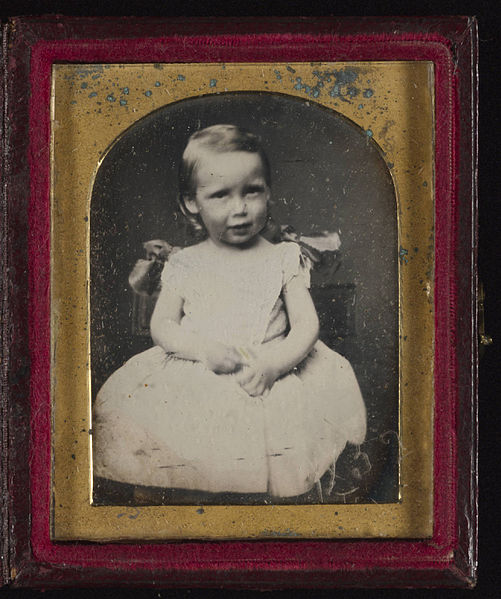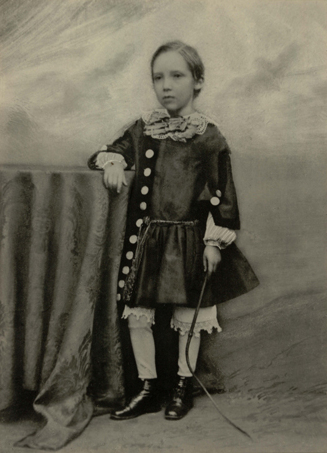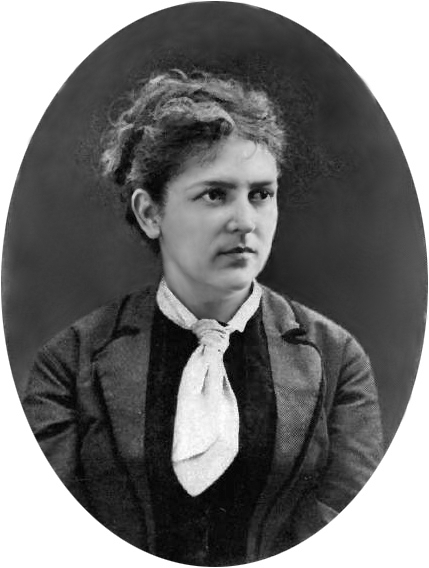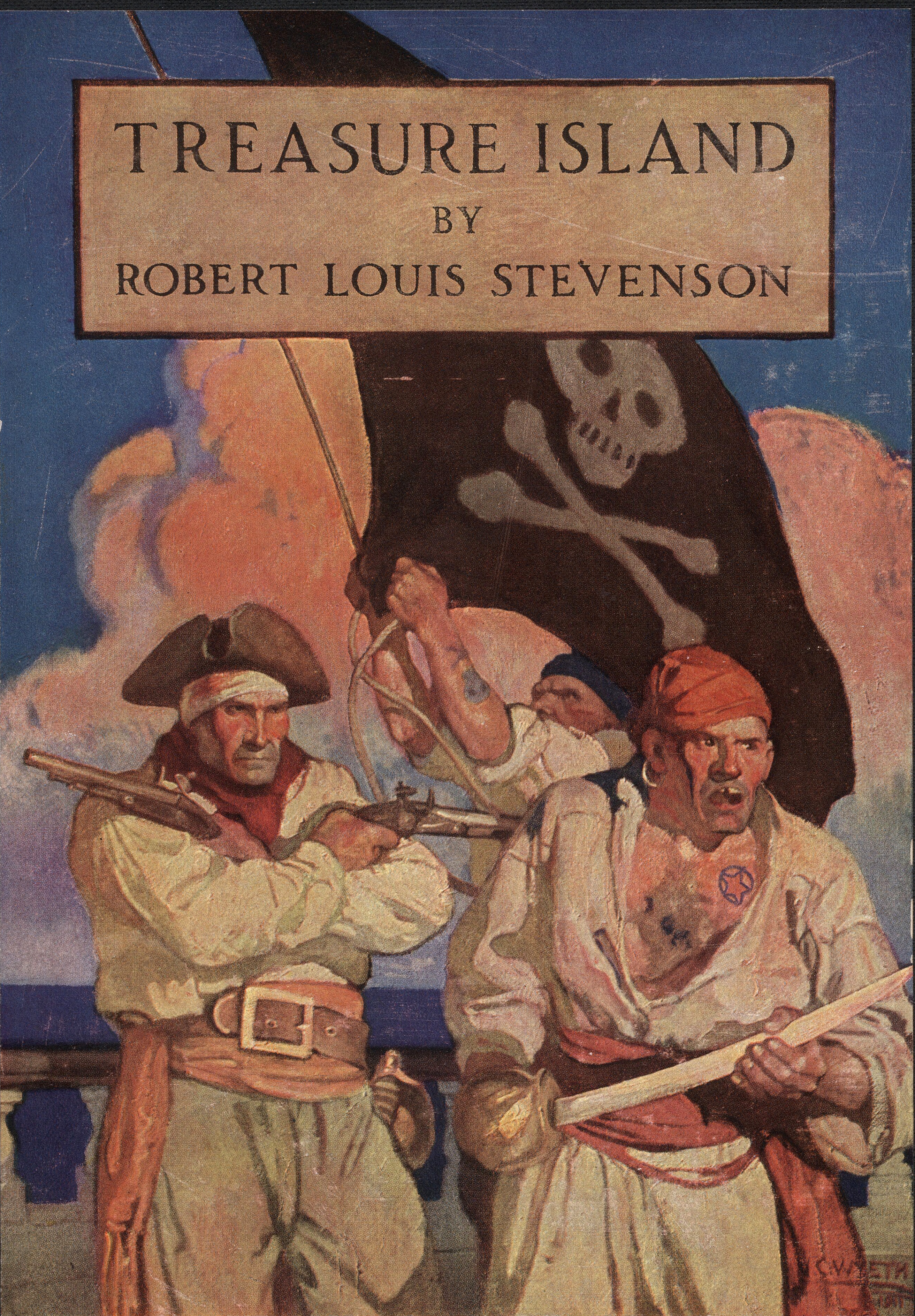Robert Louis Stevenson
Jacques Paye
Teh basics
Scottish poet, novelist, essayist and travel writer
- Famous works include Treasure Island, Kidnapped and The Strange Case of Dr. Jekyll and Mr. Hyde
- Lived between 1850 and 1894
- Has been admired by Arthur Conan Doyle, Rudyard Kipling, Ernest Hemingway and G.K. Chesterton
- Considered one of the great writers of both 19th century children's literature and adult horror novels
Early Life
- Robert Balfour Stevenson was born in Edinburgh to Thomas and Margaret Stevenson
- His father was in the lighthouse designing business
- Robert only learned to read around age seven or eight, but was dictating stories to his mother and nurse before then
- Wrote stories constantly throughout childhood
- Had his first work published at the young age of 16, a history of a religious revolt called the Covenanter's Rebellion
- Robert didn't have the best health as a child, was very thin and got sick often


Education
- Robert missed a lot of elementary school and transferred often due to his illnesses
- He ended up going to Edinburgh University
- Robert wasn't interested by architecture, and ended up studying law instead
- He was quite the traveler in school, and used to spend his summer vacations in France observing painters and writers
- Robert became quite rebellious during his college years, visiting cheap pubs and brothels, wearing his hair long and declaring himself an atheist (much to the dismay of his Presbyterian parents)
travels and late youth
- Robert got quite sick in 1873, and spent a while in France to recover
- He started to like the French countryside and of traveling in general during his recovery, and spent a fair amount of time wandering the French countryside
- When he visited Edinburgh in 1875, he met a patient at a hospital called William Ernest Henley (often seen as the inspiration for Long John Silver in Treasure Island)
- He passed the Bar exam for Scotland in 1875, but never practiced, preferring to focus on his writing
- His first works were travel journals, such as An Inland Voyage (1878), about a canoe trip in France
Marriage and moves
Robert met Fanny Osbourne (from Indianapolis) in 1876
- He traveled to the US to spend time with her
- The travel took a toll on his health, and he ended up sick and poor on more than one occasion while in America
- He tried to find a place to live in the US for nearly a decade, and wrote Treasure Island, Dr. Jekyll and Mr. Hyde and Kidnapped during this period
- He traveled to the Pacific, and eventually settled down in Samoa

Death
- Robert tried to help the local Samoans in as many ways possible, and earned their respect
- He eventual died of what is thought to have been a cerebral hemorrhage
- The Samoans carried him up a mountain and buried him
- His tombstone inscription became a Samoan song of grief


Famous Works
- Treasure Island
- Recounts the adventures of Jim Hawkins, a boy who becomes involved in a pirate search for buried treasure
- Kidnapped
- A boy's quest for his inheritance and revenge in Scotland
- The Strange Case of Dr. Jekyll and Mr. Hyde
- A horror novel geared toward adults about a doctor who chemically transforms into an evil version of himself



Critical Reception
- RLS was very well-known and respected in his era
- He fell out of favor for most of the 20th century
- Most considered him to be a second-class writer of children's books and horror stories
- The late twentieth and early 21st centuries have seen a revival of respect for and interest in RLS
- He is the 26th most translated author in the world today
Bibliography
- "Robert Louis Stevenson Biography." Robert Louis Stevenson Biography. Brandeis University, n.d. Web. 12 May 2014.
- "Robert Louis Stevenson." Poets.org. Academy of American Poets, n.d. Web. 12 May 2014.
- "Robert Louis Stevenson." Poetry Foundation. Poetry Foundation, n.d. Web. 12 May 2014.
QUIZLET:
http://quizlet.com/42791425/flashcards

